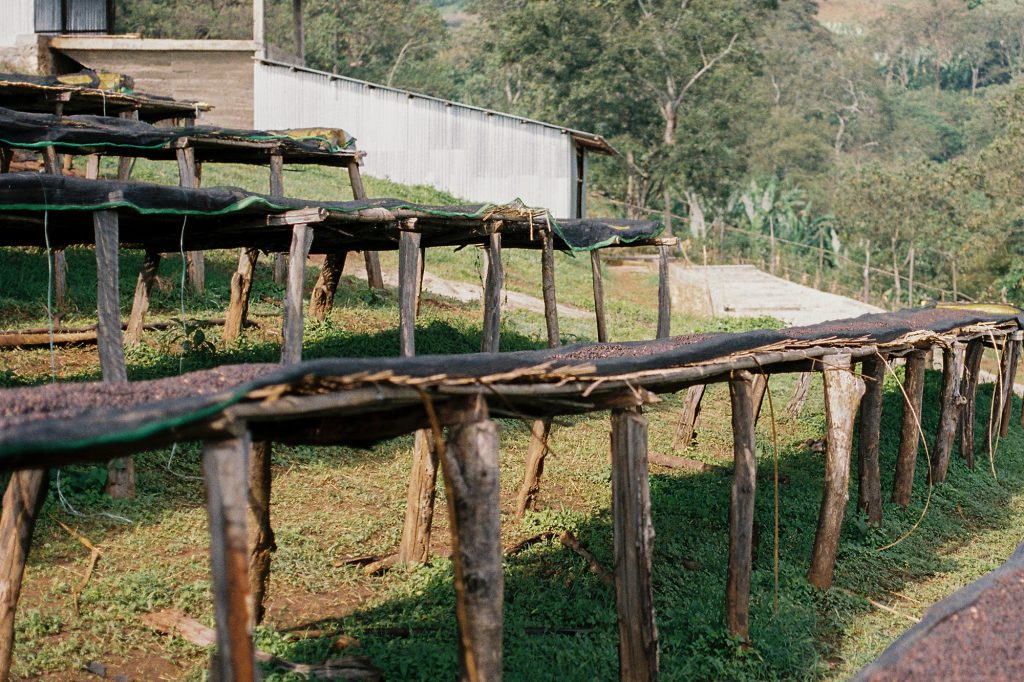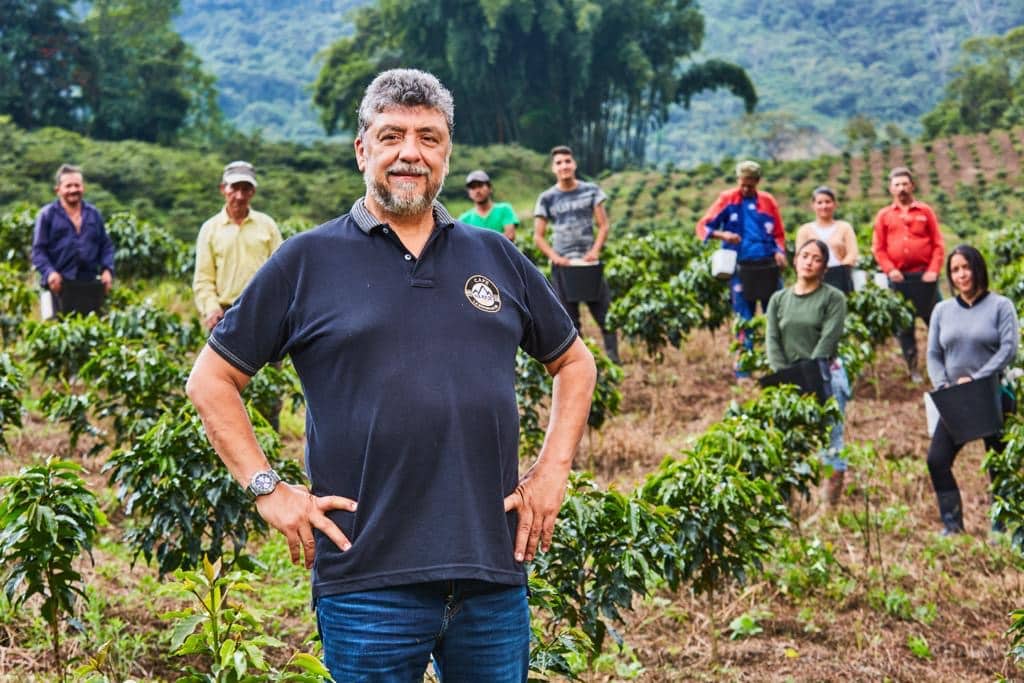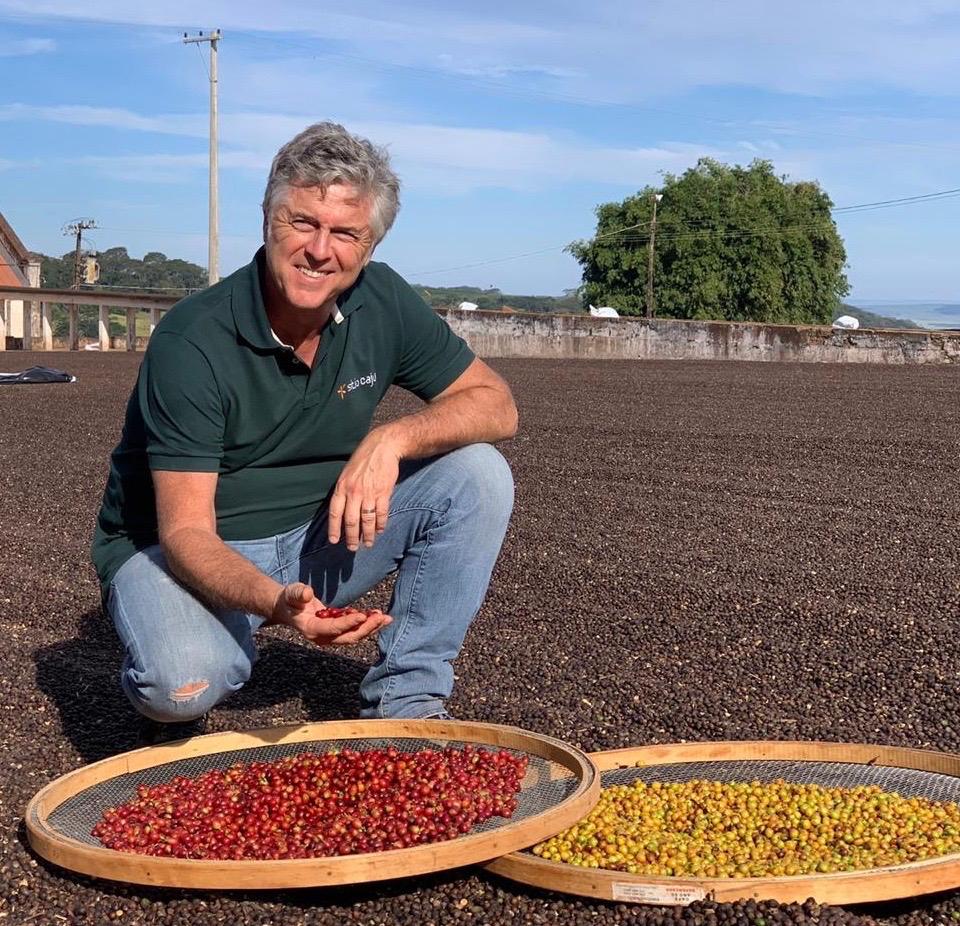
BETRAYED BY LIGHT, Ethiopia
Candied Orange, Strawberry, Elderflower
Producer: Chelchele Washing Station
Varietal: Heirloom
Processing: Natural
Aside from its near-legendary status as the "birthplace" of Arabica coffee, there is much to love about Ethiopia as a producing nation, including but not limited to the incredible diversity of flavor and character that exists among micro-regions, specifically within the southwestern Gedeo Zone of Yirgacheffe within the region of Sidama — areas whose names alone conjure thoughts of the finest coffees in the world. Coffee was literally made to thrive in the lush environment Yirgacheffe’s forests provide, developing nuanced floral characteristics, articulate sweetness and sparkling acidity. However, coffee has also adapted to the more arid climate of Harrar, in the northeast of the country; the varieties planted there have historically had more chocolatey, rich undertones.
This coffee in particular was grown by various small holders of the region, then transported to renowned washing-station, Chelchele. This washing station is situated in the kebele, or village, of Chelchele, in the woreda, or district, of Kochere, in the Yirgacheffe region.
Processing, of course, also plays a significant part in what makes Ethiopian coffees distinct — both distinctly Ethiopian, as well as distinct from one another, washed or natural.
Until recently, coffee grown by smallholders and co-ops in Ethiopia were required to be sold through the ECX, where lots were classified by general region, quality (Grade 1–5), and escaped of most of their traceability. In March of 2017, the prime minister of Ethiopia approved a reform allowing co-operatively owned washing stations to export their coffee directly, which allows for separation of top coffee lots, higher prices for farmers, and increased recognition for the best quality coffees in Ethiopia.


